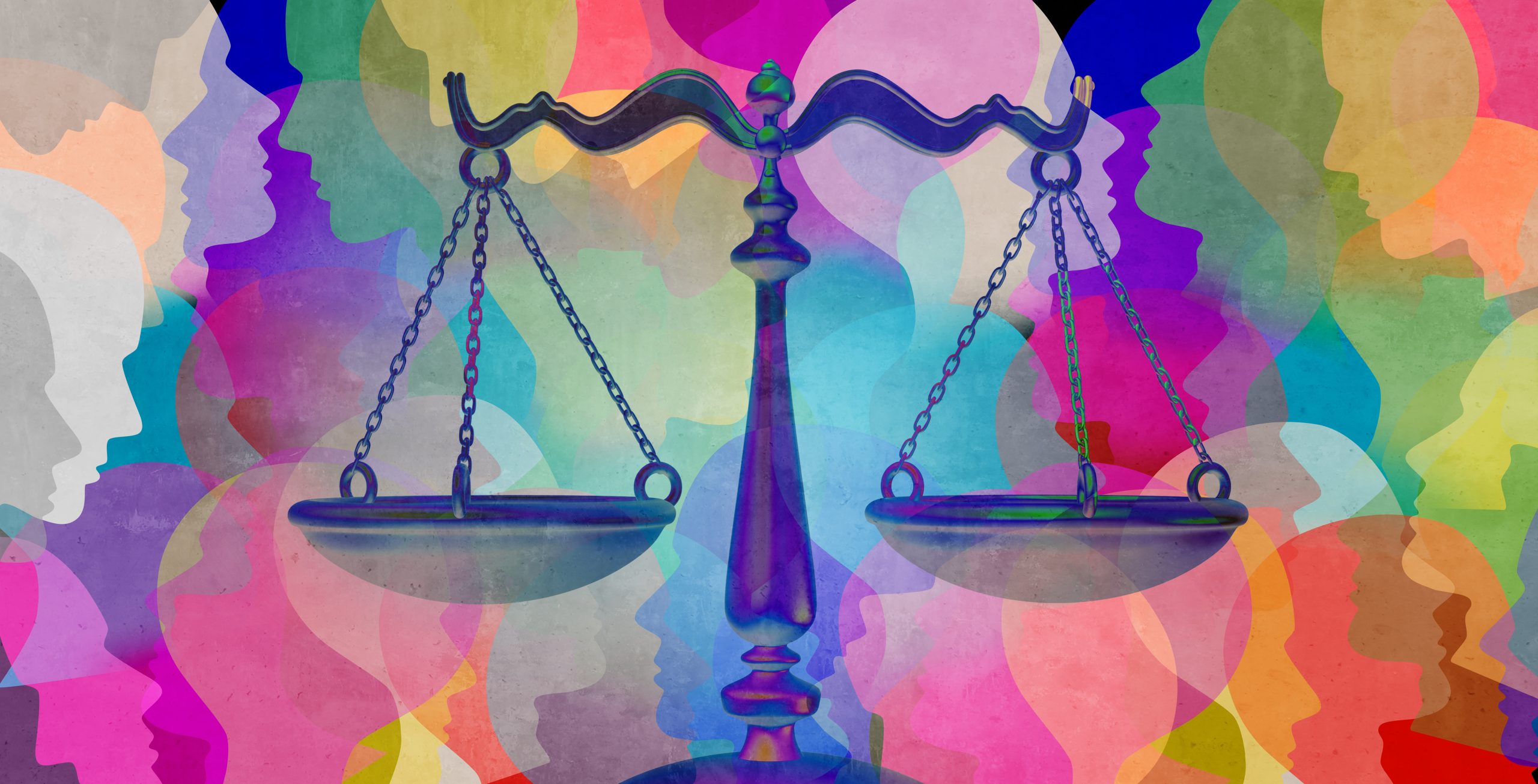In discussions about ethics, law, and society, the concepts of fairness and justice often emerge as central themes. While these terms are frequently used interchangeably, they embody distinct principles that shape our understanding of moral and legal frameworks. Recognizing the differences between fairness and justice is crucial for fostering a more equitable society where individuals feel valued and respected.
This article delves into the nuances of fairness and justice, exploring their definitions, implications, and applications in various contexts. By examining these two concepts, we can better appreciate their roles in our legal systems, social interactions, and personal lives. Understanding these differences will also enhance our ability to engage in meaningful discussions about ethical practices and policies that affect our communities.
In the coming sections, we will dissect the characteristics of fairness and justice, consider their impact on societal norms, and analyze case studies that illustrate their distinctions. Whether you are a student of philosophy, a legal professional, or simply someone interested in ethical discourse, this exploration aims to enrich your understanding of these fundamental principles.
Table of Contents
- Definition of Fairness and Justice
- Characteristics of Fairness
- Characteristics of Justice
- Importance of Fairness and Justice
- Real-Life Examples of Fairness vs. Justice
- Cultural Perspectives on Fairness and Justice
- Impact on Society
- Conclusion
Definition of Fairness and Justice
Fairness is often understood as the quality of making judgments that are free from discrimination or dishonesty. It implies an impartial approach where individuals are treated equally, and their rights are acknowledged without bias. Fairness revolves around the idea of equitable treatment and ensuring that all parties have an equal opportunity to succeed.
Justice, on the other hand, is a broader concept that encompasses fairness but also includes the application of laws and ethical principles. Justice involves the pursuit of moral righteousness and the enforcement of legal standards to uphold societal order. It seeks to address wrongdoings and restore balance to individuals and communities affected by injustices.
Characteristics of Fairness
Fairness is characterized by several key attributes:
- Impartiality: Decisions are made without favoritism or bias.
- Equality: Everyone is treated equally, without discrimination.
- Transparency: Processes are open and clear, allowing individuals to understand how decisions are made.
- Inclusivity: All voices are heard and considered in decision-making.
Characteristics of Justice
Justice exhibits its own set of defining features:
- Accountability: Individuals and institutions are held responsible for their actions.
- Restorative measures: Justice seeks to repair harm caused by wrongdoing.
- Legal frameworks: Justice operates within established laws and regulations.
- Moral and ethical considerations: Justice incorporates a sense of right and wrong beyond mere legal compliance.
Importance of Fairness and Justice
Understanding the importance of fairness and justice is essential for several reasons:
- Social Cohesion: Fairness fosters a sense of belonging and acceptance within communities.
- Trust in Institutions: When people perceive fairness and justice, they are more likely to trust legal and governmental systems.
- Conflict Resolution: Fair and just processes can help resolve disputes amicably, reducing tensions.
- Empowerment: By promoting fairness, individuals are empowered to advocate for their rights and those of others.
Real-Life Examples of Fairness vs. Justice
To illustrate the differences between fairness and justice, consider the following examples:
Example 1: Employment Practices
In a workplace, fairness might involve treating all employees equally during performance reviews. However, justice would ensure that those who have faced discrimination or bias in the past are given additional support or opportunities to succeed, thereby restoring balance.
Example 2: Legal Proceedings
In a court case, fairness would mean that both parties are given equal opportunity to present their arguments. Justice, however, would involve not only listening to both sides but also ensuring that the verdict is based on the principles of law and morality, taking into account any previous injustices faced by one of the parties.
Cultural Perspectives on Fairness and Justice
Cultural differences significantly influence how fairness and justice are perceived and implemented across societies. In collectivist cultures, for example, fairness might prioritize group harmony over individual rights, while in individualistic societies, the focus may be more on personal freedoms and equality.
Understanding these cultural perspectives is vital for international relations, conflict resolution, and global justice initiatives. Recognizing that fairness and justice are not universally defined allows for more inclusive dialogues that respect diverse traditions and values.
Impact on Society
The distinctions between fairness and justice have profound implications for societal structures and governance. When societies prioritize fairness, they create environments where individuals feel respected and valued. This can lead to increased civic engagement, lower crime rates, and improved overall well-being.
Conversely, neglecting justice can result in systemic injustices that perpetuate inequality and disenfranchisement. It is essential for policymakers, community leaders, and individuals to advocate for both fairness and justice to promote a more just and equitable society.
Conclusion
In conclusion, while fairness and justice are interconnected concepts, they embody different principles that are essential for ethical discourse and societal well-being. Fairness emphasizes equitable treatment and inclusivity, while justice focuses on accountability and the enforcement of moral and legal standards. Understanding these differences is vital for fostering a society that values both principles.
We invite you to reflect on how fairness and justice manifest in your own life and community. Consider sharing your thoughts in the comments section below or exploring other articles on related topics in our blog.
Thank you for reading, and we hope to see you again soon!
Article Recommendations


